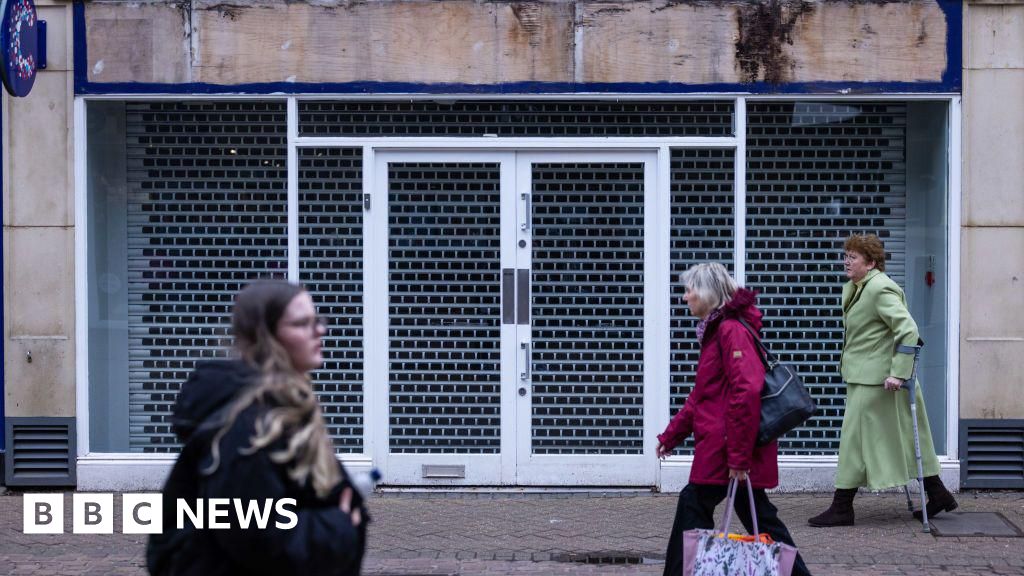From next April, all large businesses will have to pay higher National Insurance Contributions (NICs) for every member of staff they employ. Employer NICs will start at a lower threshold than now- at £5,000 instead of £9,100. And the rate will rise from 13.8% to 15%. The BRC calculates this will cost British retailers £2.33bn a year.
The rise in the minimum wage from April is set to cost the sector a further £2.73bn, the BRC letter said.
In addition, from October 2025 a new packaging levy comes into force.
Introduced by the previous government, the extended producer responsibility (EPR) scheme shifts the cost of recycling from local councils onto the companies that use the packaging. Smaller firms are exempt, but the new levy will cost the retail sector overall another £2bn, the BRC estimates.
One of the letter’s signatories was the chief executive of High Street fashion stores Monsoon and Accessorize, Nick Stowe.
He told the Today programme that the Budget changes meant his business was “going to have to divert investment that we would have made in growing our store base into protecting the stores that we have and the employees that we have”.
He added that the whole retail sector was concerned that it was being forced into doing things “that seem to be entirely counter to the government’s agenda in terms of growing the economy and growing sectors like ours”.
Freddie Colquhoun, investment director at JM Finn, told the BBC he had been meeting small and medium sized businesses in the retail, hospitality and recruitment sectors and “they’re all struggling, they’re all finding the same issues coming straight down the line on to them”.
“I think they are certainly looking at the amount of people they will continue to employ, they’ll also be looking at the salaries they’re going to to be paying people,” he added.
The letter from the retailers calls for the government to phase in the introduction of the NI changes and delay the start of the EPR.
It urges the government to reduce business rates, a property-related tax which the BRC says will cost retailers an additional £140m a year after next April.
A Treasury spokesperson told the BBC that, thanks to exemptions for smaller businesses, “more than half of employers will either see a cut or no change in their national insurance bills [and] there will be £22.6bn more for the NHS”.
A business update from Begbies Traynor on Monday, external gave some weight to the BRC’s warnings, as the consultancy predicted a rise in “support from our insolvency and business recovery professionals” due to both the NI change and higher interest rates.

